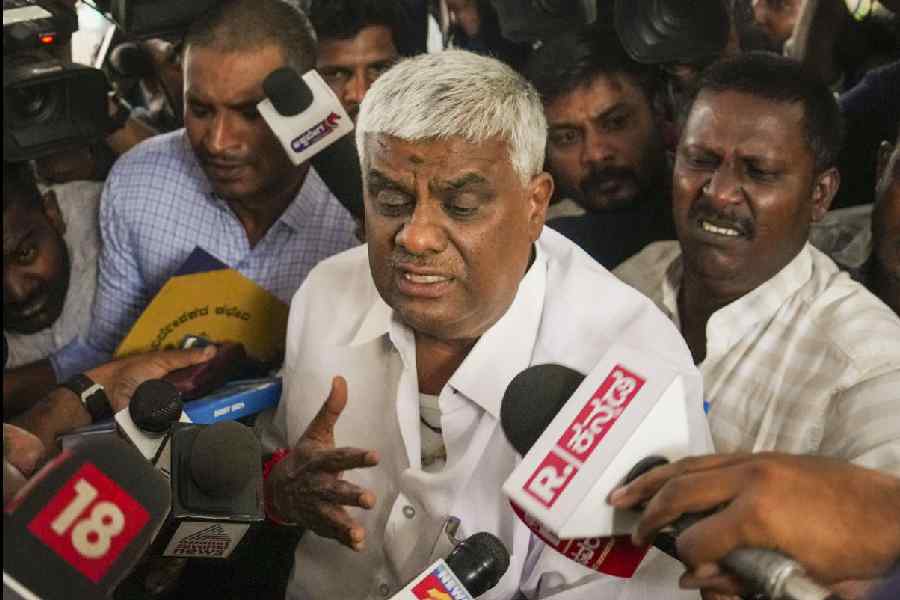The year 2018 has been an eventful year when it comes to personal finance. Several seismic events impacted the way we manage our money. There has been plenty for us to learn as well. Let’s take a look at events that shaped our money decisions, and what we learnt from them.
Beware of fads
Through most of 2017, cryptocurrencies proliferated. Inspired by Bitcoin's popularity, several Initial Coin Offerings happened.
In post-demonetisation India, many rushed to buy Bitcoin. The currency peaked at around $20,000 in December 2017. The world's richest investor Warren Buffett warned against crypto-mania.
“You’re just hoping the next guy pays more (for your Bitcoin). You aren’t investing when you do that, you're speculating.”
As 2018 began, the bubble burst. In just 12 months, Bitcoin crashed to one-sixth of its peak and was trading around $3400 mid-December. Not just that, finance minister Arun Jaitley outlawed cryptocurrency during the Union Budget, dashing the get-rich-quick dreams of many.
Careful with ATM cards
This year, we were reminded that caution needs to be exercised with our ATM cards. In Bangalore, a man used his wife’s card to make an ATM withdrawal. The money was debited but the cash wasn’t served. The couple took it up with the bank, who reminded them that ATM cards are non-transferable and PINs should never be shared. The ombudsman and a consumer court also ruled in the bank's favour.
The lesson here is that you’re only allowed to use your own card, and you should not share your cards even with family members. Also, magnetic strip cards are about to be decommissioned from December 31 and hence you need to get in touch with your bank to get chip cards that are safer.
Plan your small-cap and mid-cap investments
In recent years, small and mid-cap stocks and mutual funds had provided significantly better returns in comparison to bluechips and large-caps. Stuttering only during the demonetisation, small and mid-caps continued to roar right up to January 2018. The BSE SmallCap Index had nearly tripled in four years, from around 6500 in January 2014 to a peak of nearly 20000 in January 2018. And then came the bears.
By October, the SmallCap Index had shed nearly a third of its value. The lesson here is for new investors who were attracted to small and mid-cap equities for a quick buck. Any equity fund — but especially any small and mid-cap mutual fund — will provide its best returns only in the long-term. Because of the high risks involved, they should not be used for short-term bets. For best results, use an SIP to regularly lower your average costs.
SIPs are for all seasons
We have seen from AMFI data that SIPs spike anytime the market indices peak. So the Sensex hitting a new high is usually followed by new investors coming to the market lured by the expectations of immediate high returns.
However, when the markets correct, such investors are also often the first to exit, spooked by short-term losses. This should not be the way to invest in equities. SIPs especially are long-term wealth-building tools. Therefore, you should commit to your equity investment plan for at least 3-5 years for best results.
Liquid funds can be volatile
Liquid funds are the least risky class of mutual funds, ideal for the temporary safekeeping of your money and for maintaining liquidity. They are often seen as an alternative to fixed deposits and savings accounts. But in the aftermath of credit rating downgrades, we saw liquid funds too turn volatile. Several debt and liquid funds had exposure to a large infrastructure company that defaulted recently.
One short-term mutual fund had a nearly 10 per cent exposure to the downgraded company, and the fund’s NAV fell around 6 per cent following the downgrade. There’s very little an investor can do to protect himself from such a situation since star-rated funds also unexpectedly took a hit. The best the investor can do is diversify his mutual fund portfolio, not just across asset classes but across fund-houses too.
Work with your parents
This year, the finance minister gave us more reasons to work with our parents in our tax-saving efforts. From this year, senior citizens can earn a tax-exempted income of Rs 50,000 from all interest-generating instruments such as fixed deposits.
Also, another Rs 50,000 is tax-exempted for health insurance premium paid for senior citizen parents. Therefore, budgeting for your parents can be a bigger part of your tax plan. Interest-earning investments made for your parents will be tax-free in their hands, and the exchange of money between parents and children is tax-free.
Budget for forex volatility
This year, the Indian rupee fell rapidly against the US dollar. From a staid 63-64 at the start of 2018, it climbed to a shade under 75, fuelled by adverse macro factors in the global economy. Apart from impacting trade in general, forex rates rising so rapidly can be a pain for the common man.
For example, if you are travelling abroad, your hotel, tickets, and sightseeing costs escalate. If you are an Indian student repaying an education loan abroad, your EMIs get fatter. If you are travelling you should get your forex reserves in advance, and have a cash buffer to adjust against rapid rate escalations.
The writer is CEO of `BankBazaar.com`










